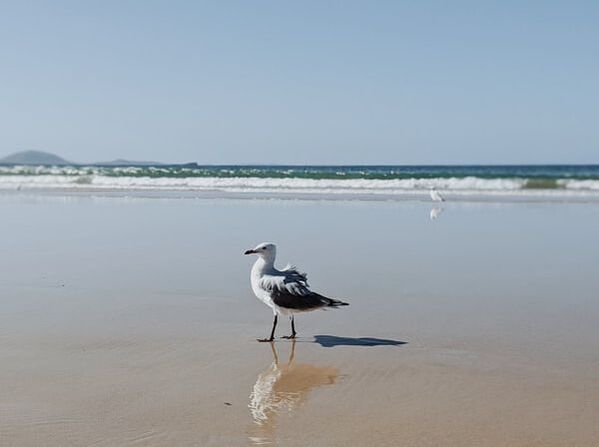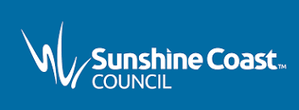Social perspectives on human-wildlife interactions and strategies for reducing negative impacts
Project Aims and Objectives
|
Human-wildlife interactions in shoreline areas, such as the North Shore of the lower Maroochy River on the Sunshine Coast, can have a significant negative impact on shoreline biodiversity (e.g., off-leash domestic dogs are known to chase migratory, shoreline birds). Therefore, the Sunshine Coast Council is looking to develop management strategies that can help mitigate against negative human-wildlife impacts in the North Shore area. Currently, no data is available on visitors to the area and their perceptions of management strategies for minimising human-wildlife impacts. Through a better understanding of a) patterns of use of this area, b) user preferences about strategies to reduce impacts, and c) factors that influence preferences, recommendations can be made for developing effective behaviour change strategies that target and appeal to visitors to the area.
|
Method
Visitors to the North Shore area will be approached and asked if they are willing to participate in a brief interview.
Other residents of the Sunshine Coast Council will be invited to participate in an online survey through the council’s social media channels and will be directed to the council’s “Have Your Say” community engagement platform.
The interview/survey will take approximately 5-10 mins to complete and include the following sections:
Visitors to the North Shore Area
Participants will be asked about the nature of their visit/s to the North Shore (i.e, uses), how often they visit their area, their knowledge of and concern for human-wildlife impacts relevant to shoreline areas.
Factors that influence visitors
Participants will be asked to describe why they visit the North Shore area (i.e, their motivations) as well as the perceived benefits they receive from visiting the area. They will also be asked about factors that they perceive impact most on the benefits they receive from visiting the North Shore area (i.e, desired visit outcomes).
Preferences towards management strategies
Participants will be asked to their perceptions relevant to different strategies aimed at reducing human (including domestic dog) impacts in the area.
Demographic data
We will collect a range of socio-demographic data about participants including: age, gender, distance travelled to North Shore, dog ownership.
By directly interviewing the target community of future management strategies, the insights gained can be expected to deliver more effective behaviour change strategies that match the attitudes, values and preferences of the users of the area.
Other residents of the Sunshine Coast Council will be invited to participate in an online survey through the council’s social media channels and will be directed to the council’s “Have Your Say” community engagement platform.
The interview/survey will take approximately 5-10 mins to complete and include the following sections:
Visitors to the North Shore Area
Participants will be asked about the nature of their visit/s to the North Shore (i.e, uses), how often they visit their area, their knowledge of and concern for human-wildlife impacts relevant to shoreline areas.
Factors that influence visitors
Participants will be asked to describe why they visit the North Shore area (i.e, their motivations) as well as the perceived benefits they receive from visiting the area. They will also be asked about factors that they perceive impact most on the benefits they receive from visiting the North Shore area (i.e, desired visit outcomes).
Preferences towards management strategies
Participants will be asked to their perceptions relevant to different strategies aimed at reducing human (including domestic dog) impacts in the area.
Demographic data
We will collect a range of socio-demographic data about participants including: age, gender, distance travelled to North Shore, dog ownership.
By directly interviewing the target community of future management strategies, the insights gained can be expected to deliver more effective behaviour change strategies that match the attitudes, values and preferences of the users of the area.
Project Team
The project is led by Dr Angela Dean, University of Queensland with support from Professor Richard Fuller and Dr Tracy Schutz. The project is funded by the Sunshine Coast Council.




